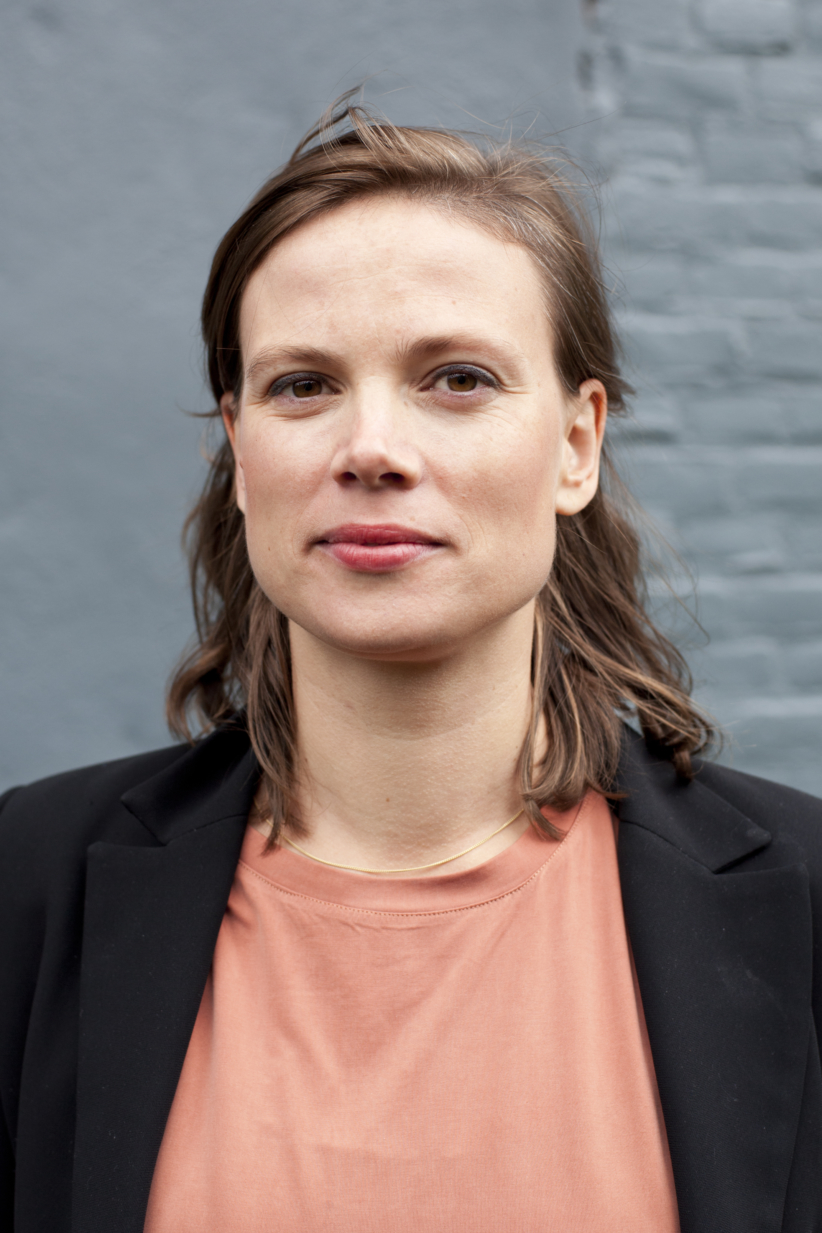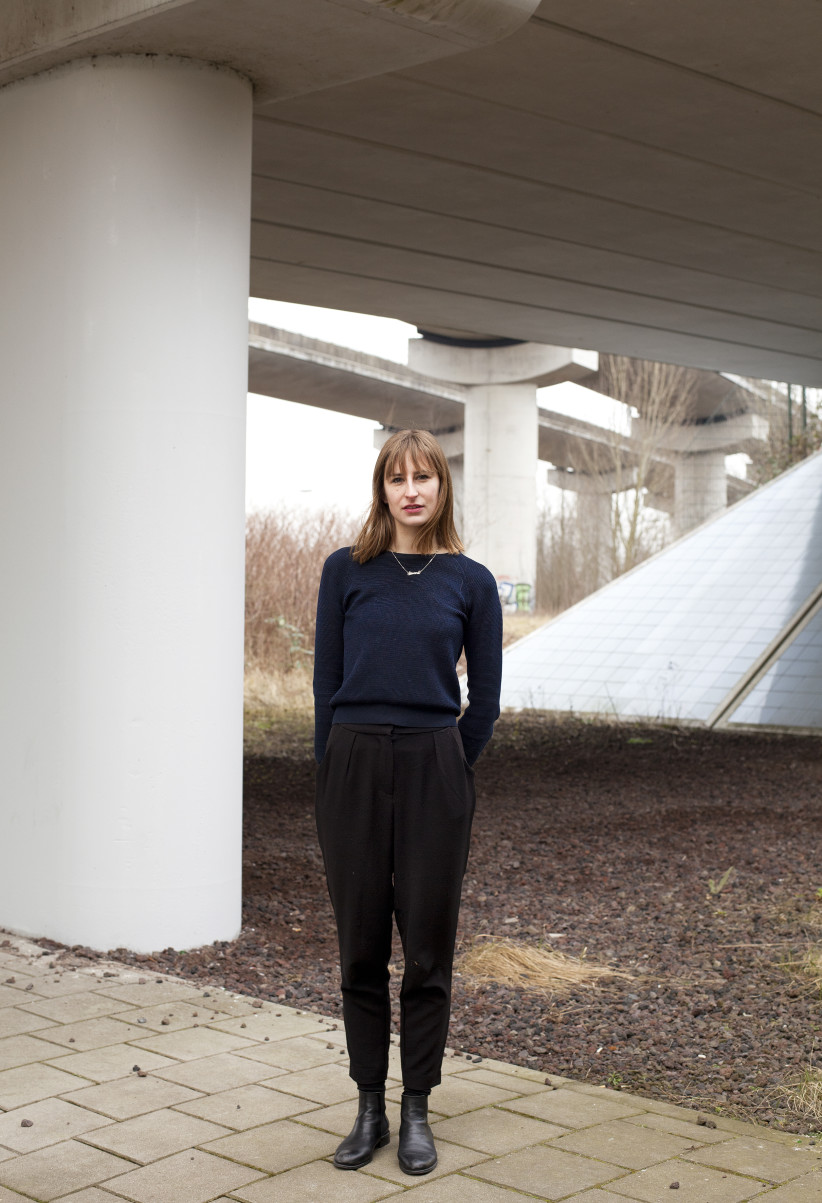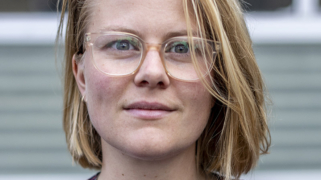From vocabulary to practice: starting a movement for the societal impact of research
Three months ago, we – Simone and Nora – wrote a thinking piece on academic innovation for societal impact. We argued for the democratisation of knowledge; making the construction of knowledge a more inclusive process in which a variety of actors, from citizens to universities to professionals, have a role to play. Our longread led to new encounters with people in and outside academia, conversations on new topics and most importantly: new collaborations.
In our longread++LongreadRead our full article ‘Academic Innovation for Societal Impact‘ here. we identified four promising trends in the Dutch field of academic innovation:
- Co-creating knowledge with universities and societal partners;
- Expanding the scope of data/knowledge, including stories to uncover the nuances of complex social reality;
- Open and accessible science, beyond paywalls and academic vocabulary;
- Impact of research results, contributing to societal renewal and well-being.
Our new encounters confirmed these developments and showed us new perspectives to understand these trends and starting points to support them.
Academic social impact is nothing new
In our search for advocates working on academic innovation from within academia, we connected with Professor Wiljan van den Akker++Wiljan van den AkkerWiljan van den Akker was one of the main authors of “Productive interactions: societal impact of academic research in the knowledge society.” Read this article here. from Utrecht University. He provided us with a historical overview of the issue of social impact in academia. His statement: social impact is nothing new, but has always been at the core of academia. What we need, however, is a shift from the traditional, linear model of knowledge production that focuses on the output, to a model that focuses on the process of knowledge production.What we need, is a shift from the traditional, linear model of knowledge production that focuses on the output, to a model that focuses on the process of knowledge production. An iterative process, constantly shifting between theory and practice, which involves a variety of actors not only in the phase of knowledge dissemination, but also in the phase of knowledge production.
Floor Vogels, who studies science shops worldwide at the Athena Institute++Athena InstituteThe Athena Institute is a research and education department at the Faculty of Science, Vrije Universiteit Amsterdam. Athena’s mission is to scientifically study and design interfaces between science and society. of the Vrije Universiteit Amsterdam (VU), states that the current ‘social impact trend’ is a recurring trend. She explains that science shops build on an academic history of science shops++Science shopA Science Shop is a facility, often attached to a specific department of a university or an NGO, that provides independent participatory research support in response to concerns experienced by civil society. Their main function is to increase both public awareness and to provide access to science and technology to laymen or non-profit organizations. as institutes that perform research in response to questions expressed by civil society. The concept of science shops is nothing new, but dates back to the seventies. What is new is to connect and to study a variety of science shops around the world to develop an optimal version of the science shop in order to generate maximal social impact.
Creating space for change
Rajesh Tandon, Founder-President of PRIA (Participatory Research in Asia)++PRIAPRIA (Participatory Research in Asia) is a global centre for participatory research and training based in New Delhi. PRIA’s work is focused on ‘empowerment of the excluded’ through capacity building, knowledge building and policy advocacy., visited us at our office Spring House to discuss academic innovation and the democratisation of knowledge worldwide: topics he has been working on since the eighties. Tandon started small by taking a new – but to him logical – stance, by involving farmers in the development of knowledge on new farming methods. Today, PRIA works with over 3000 NGOs around the world to deliver its programmes on the ground. Thirty-six years after founding PRIA, Tandon can finally say that the struggle to do things differently has resulted in new ways of conducting participatory research and co-creating knowledge, which are acknowledged on a global level.
Closer to home, the Amsterdam Institute for Advanced Metropolitan Studies++AMSAmsterdam Institute for Advanced Metropolitan Studies works on metropolitan issues from the idea that metropolitan solutions require cooperation between knowledge institutes, companies, cities and citizens. (AMS) also experiments with innovative ways to organise academic education and research. As managing director Kenneth Heijns tells us, the institute for instance develops courses for – but not together with – their partner universities, teaching new ways of working. Moreover, it establishes new routes to become an academic researcher within their institute, as an alternative to the scarce and traditional PhD and Postdoc trajectories. It is the support of the institute by their academic partners and the city of Amsterdam that provides them with this space to experiment and innovate.
We need to move from vocabulary to practice
All the conversations we had come down to two conclusions: 1) We need perseverance, because it takes time to bring about sustainable change, and 2) we need to move from vocabulary to practice. Almost everyone working with or within academia agrees that social impact is a crucial part of academic research.Almost everyone working with or within academia agrees that social impact is a crucial part of academic research. But moving beyond words and good intentions requires the willingness to struggle (and keep struggling) against dominant ways of working. Moreover, the only way to persevere and bring action to the table is by working together.
We are excited that these encounters not only led to new insights, but also to new collaborations. We met allies from a variety of backgrounds who share the same mission. With them, we continue this dialogue++ResponseRead our response to the Social Innovation Community’s call for a conversation on social innovation in science and research here. and join forces to start off some action. Together with science historian and sociologist Trudy Dehue, sociologist Christien Brinkgreve, and journalist Sanne Bloemink++Knowing asks for more than measuringTogether with other academics, Brinkgreve and Bloemink wrote the book ‘Weten vraagt meer dan meten’ (Knowing asks for more than measuring) about the ‘paradigm of numbers’ that is not only encountered in science but also in the fields of education and health care. we are organising a series of meetings to bring together pioneers experimenting with new ways of doing research and those who want to do so. We start with an Out of Office on academic innovation at Kennisland on the 6th of July.
Join us at our Out of Office by signing up here.
To share your thoughts on academic innovation or work together, get in touch!






